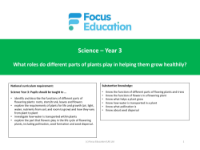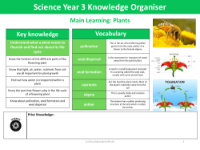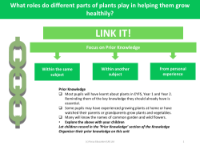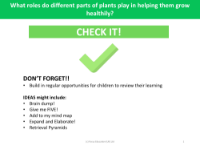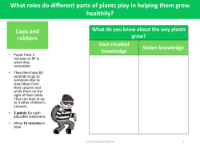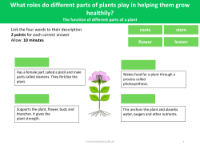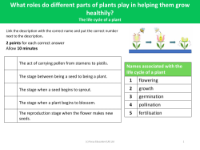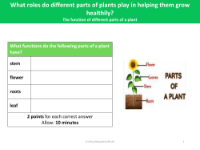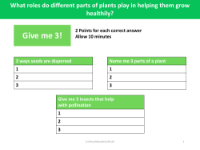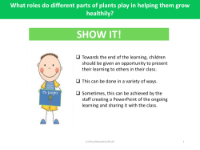progression pedagogy - Plants - Year
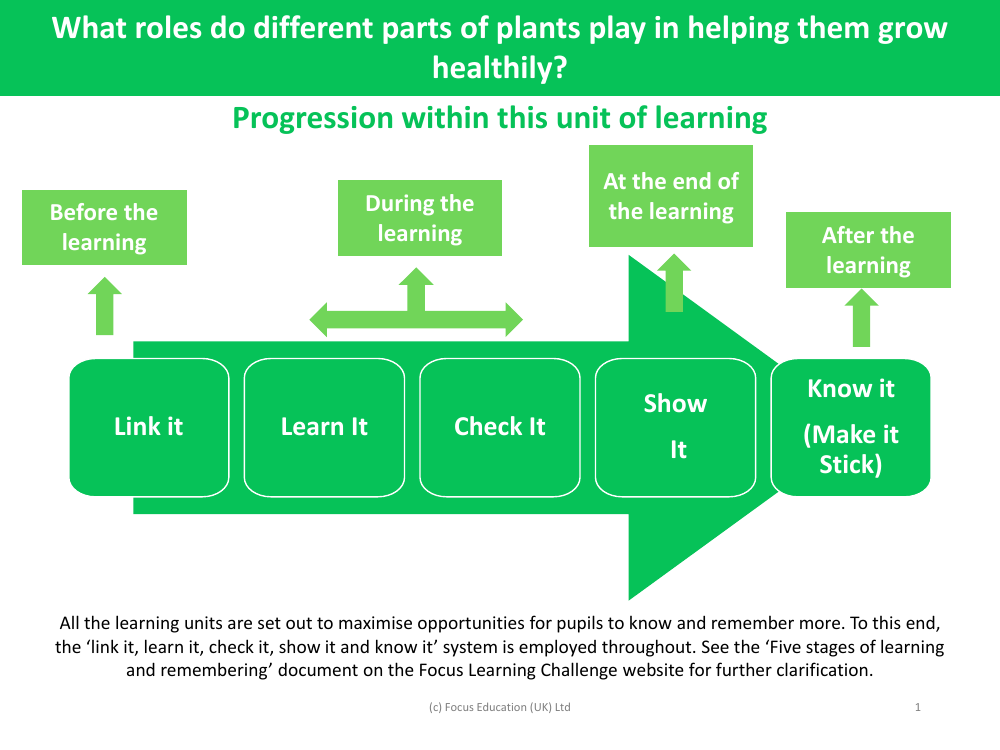
Science Resource Description
The pedagogical approach to teaching about the roles of different plant parts in their growth and health involves a systematic method, ensuring that pupils not only learn but also retain the information. This method is structured into five key stages, known as 'link it, learn it, check it, show it, and know it', which are designed to build upon each other for a comprehensive understanding of the subject matter. Initially, pupils are encouraged to make connections with prior knowledge ('link it') before being introduced to new concepts ('learn it'). The learning process is then reinforced through assessment ('check it'), practical demonstration ('show it'), and consolidation exercises ('know it') to ensure long-term retention.
As part of the progression within the unit on plants, pupils are guided through these stages to understand the roles of different plant parts. Before the learning begins, an assessment of existing knowledge sets the baseline. During the learning phase, interactive teaching methods are used to convey the functions of roots, stems, leaves, and flowers in plant growth. At the end of the learning session, pupils are assessed to evaluate their understanding. Following this, they engage in activities that require them to demonstrate their knowledge, such as creating diagrams or participating in experiments. Finally, after the learning, pupils review the material to ensure they have a firm grasp of how each part of a plant contributes to its overall health and development, thereby achieving progression within the unit.
